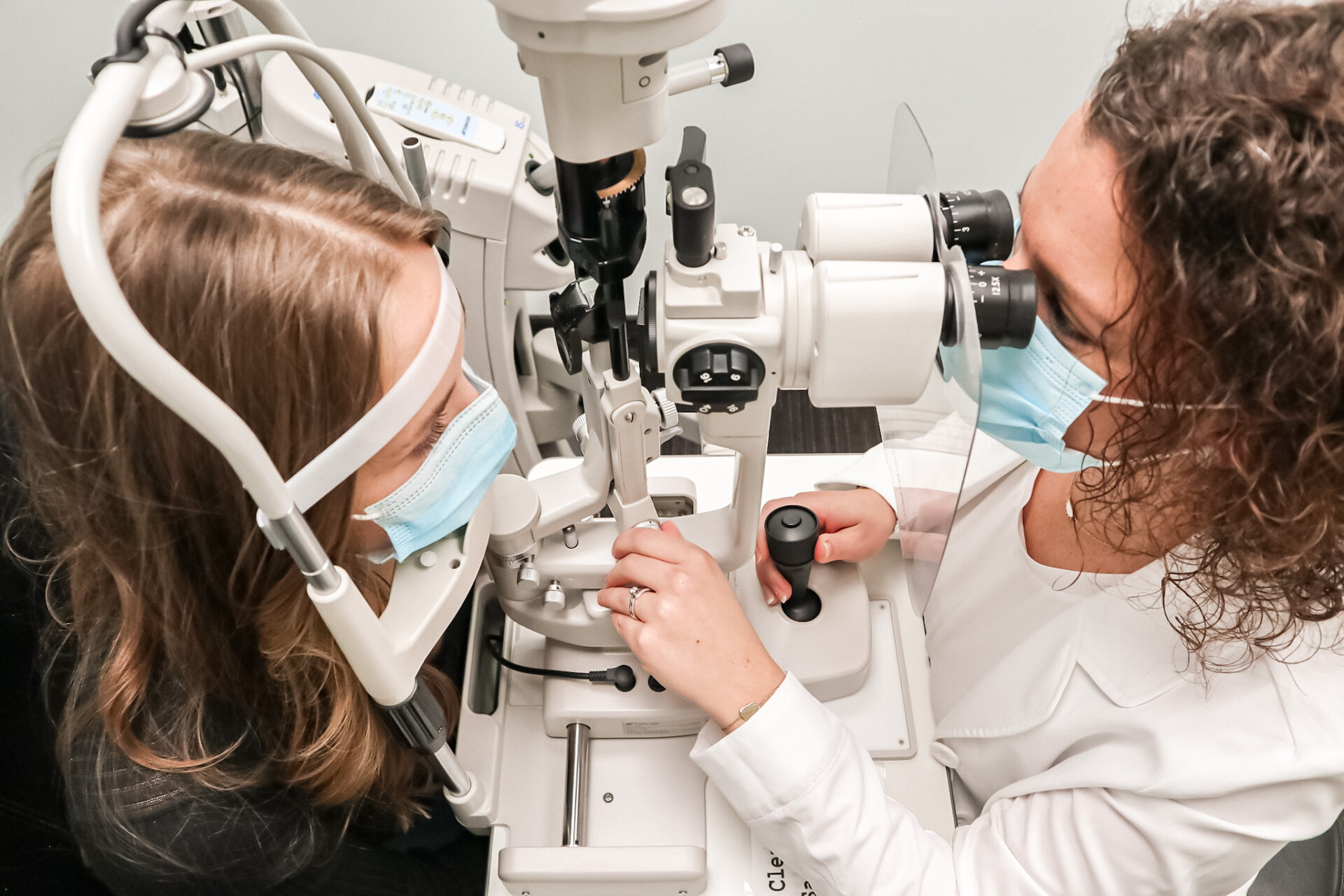When looking into eye care services, many people find themselves unsure about whether they should visit an optometry clinic or an ophthalmology clinic. Each plays a crucial role in vision care, but their services, qualifications, and focus areas differ significantly. If you’re considering investing in an eye care business, it’s important to understand these distinctions. For those looking to buy an optometry clinic, knowing the differences will help in making an informed decision that aligns with both business goals and patient needs.
What is an Optometry Clinic?
An optometry clinic focuses on primary vision care. Optometrists diagnose and treat common vision problems, provide prescriptions for glasses and contact lenses, and detect eye conditions that may require specialized care. These clinics serve as the first point of contact for many patients experiencing vision issues.
Services Offered by Optometry Clinics
Optometry clinics provide a range of essential services, including:
- Routine Eye Exams – Assessing vision health and detecting refractive errors such as nearsightedness, farsightedness, and astigmatism.
- Prescription for Eyewear – Helping patients find the right glasses or contact lenses.
- Management of Common Eye Conditions – Treating dry eye, allergies, and minor infections.
- Screening for Eye Diseases – Identifying potential concerns like glaucoma or macular degeneration and referring patients to specialists if needed.
- Pre- and Post-Operative Care – Supporting patients before and after corrective eye surgeries like LASIK.
Optometry clinics primarily handle non-surgical eye care, making them essential for everyday vision health and early detection of problems.
What is an Ophthalmology Clinic?
Ophthalmology clinics specialize in advanced eye care, including medical and surgical treatments. These clinics are run by ophthalmologists, who are medical doctors trained to handle complex eye conditions requiring specialized treatment.
Services Offered by Ophthalmology Clinics
Ophthalmology clinics provide a broader scope of eye care, including:
- Diagnosis and Treatment of Eye Diseases – Managing conditions such as cataracts, glaucoma, diabetic retinopathy, and macular degeneration.
- Eye Surgeries – Performing procedures such as cataract removal, LASIK, corneal transplants, and retina repairs.
- Emergency Eye Care – Treating eye trauma, retinal detachments, and infections requiring immediate medical attention.
- Management of Complex Eye Conditions – Handling vision-threatening diseases that require long-term treatment plans.
Ophthalmology clinics are essential for cases that go beyond routine eye exams and require specialized medical expertise.
Key Differences Between Optometry and Ophthalmology Clinics
Education and Training
One of the most significant differences between optometrists and ophthalmologists is their level of education and training.
- Optometrists (ODs) – Complete a Doctor of Optometry (OD) degree, typically requiring four years of professional education after undergraduate studies. They focus on vision care, prescriptions, and basic medical management of eye conditions.
- Ophthalmologists (MDs or DOs) – Attend medical school, followed by residency training in eye care. Many also complete additional fellowships in subspecialties such as retinal surgery or pediatric ophthalmology.
Scope of Practice
- Optometrists diagnose and treat common vision problems and offer non-surgical solutions.
- Ophthalmologists can perform eye surgery and manage more complex diseases.
Referral Process
Optometry clinics often refer patients to ophthalmologists for advanced care when needed. This collaboration ensures that patients receive the best possible treatment based on their condition.
Which Clinic Should Patients Visit?
The decision depends on the type of care required.
- Routine Vision Checkups and Prescriptions – Optometry clinics are the right choice.
- Eye Disease Management Without Surgery – Optometrists can help but may refer to an ophthalmologist if the condition worsens.
- Surgical or Advanced Medical Eye Care – Patients should visit an ophthalmology clinic.
Understanding these distinctions helps individuals make informed choices about their eye health.
Why Investing in an Optometry Clinic Makes Sense
For those exploring opportunities in the healthcare sector, an optometry clinic offers a strong business model with a growing demand. Many people require vision care services, and with advancements in optical technology, the need for comprehensive eye exams and corrective eyewear continues to rise.
Some benefits of owning an optometry clinic include the following:
- High Demand for Vision Care – Most individuals require eye exams at some point, creating a steady flow of patients.
- Recurring Revenue – Many patients return for follow-up visits, prescription updates, and eyewear purchases.
- Lower Overhead Compared to Surgical Clinics – Optometry clinics require less specialized equipment than ophthalmology centers.
- Flexible Business Models – Owners can expand by offering additional services, such as specialty contact lens fittings or myopia control programs.
If you’re looking to buy an optometry clinic, evaluating location, patient demographics, and existing clinic reputation will help ensure a profitable investment.
Why Choose Eyeology?
At Eyeology, we specialize in helping professionals find and acquire the right optometry clinics. Our expertise in the eye care industry allows us to connect buyers with opportunities that match their goals. Whether you are new to the field or an experienced practitioner looking to expand, we provide support throughout the process.
With a commitment to quality and a deep understanding of the industry, Eyeology ensures that every acquisition is a valuable investment.

